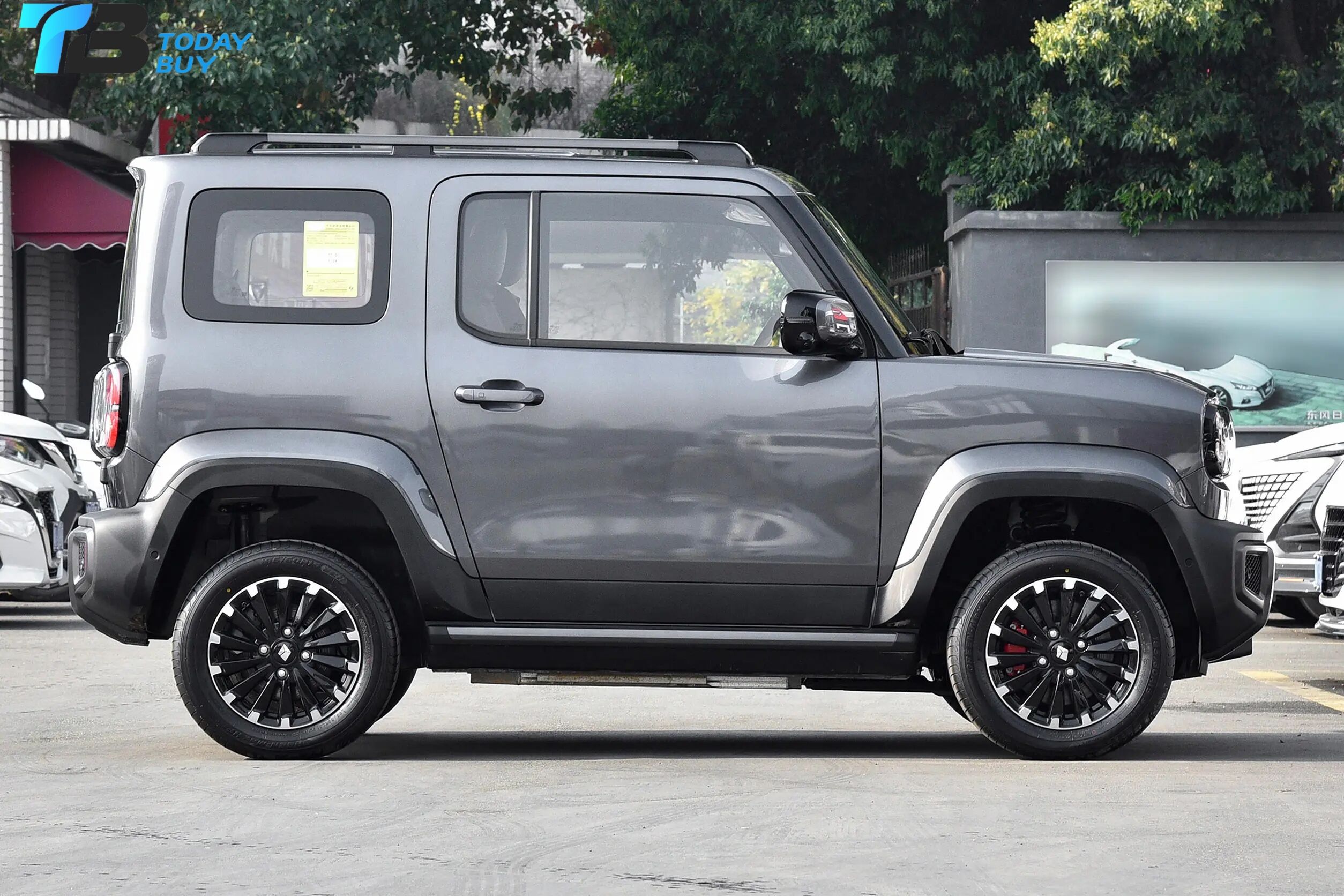Introdução
Entrem no mundo emocionante das vendas de carros. Aqui a arte da persuasão encontra a negociação científica. e estão prontos ou não para fechar esse negócio difícil? agora estamos prontos para o fazer e levá-lo a uma visita guiada pela arte da venda de carros, de conhecer seus clientes até que eles se afastem felizmente em
compreender o que os seus clientes querem
Primeiro de tudo, a base da venda bem sucedida é a compreensão das necessidades dos seus clientes. É como tentar resolver um quebra-cabeça e as peças-chave são saber que tipo de carros eles preferem; quanto dinheiro eles têm ou estão dispostos a gastar em um carro; qual é o seu estilo de vida. fazendo as
ouvir e fazer as perguntas certas
Então imagine-se como um detetive que analisa delicadamente o que as pessoas querem mais da vida ou do próximo carro. eficiência de combustível? interiores espaçosos? o mais recente em gismos de alta tecnologia? quanto mais você aprender, melhor equipado estará para ajudá-los a fazê-lo.
Construir relações com os clientes
Uma vez que você tem uma imagem clara do que o cliente precisa, comece a criar um relacionamento imediatamente. É confiança aqui: sentir que eles estão lidando com um amigo cujos interesses estão alinhados, e você não é apenas algum vendedor para um dinheiro rápido.
Estabelecer confiança e credibilidade
A moeda do reino nas vendas de carros é a confiança. Para estabelecer sua credibilidade, seja conhecedor Sobre dos automóveis que você está vendendo e explique todos os processos. Apenas lembre-se de que um cliente feliz é um cliente que volta. Portanto, é do seu interesse manter relacionamentos além do final da venda.
Conhecimento do inventário
No negócio de vendas de carros, o conhecimento é poder - conhecimento de todos os carros dentro do seu inventário, tanto sutis como grosseiras nuances. Ao fazer isso, pode-se colocar com confiança o carro certo com o cliente certo e fazê-los sentir que descobriram um ajuste perfeito.
Acompanhamento de automóveis às necessidades e preferências dos clientes
O cliente é o agente de união, pois só você pode reunir compradores e vendedores. Conheça as circunstâncias particulares do seu cliente, bem como as características do que tem para vender, e em ambos os casos dê sugestões que atraem o seu interesse e aumentem as chances de fazer um acordo.
A negociação, a arte
Negociação. -- o momento da verdade que ou estrangula o negócio no nascimento ou vê o cliente sair e seguir seu caminho Página inicial . Mas não se trata de forçar um preço alto; uma negociação bem-sucedida resulta em uma situação de ganha-ganha para ambas as partes envolvidas.
negociação para o sucesso do preço
Aqui é onde você precisa ser flexível e firme. estar preparado para oferecer concessões, mas também conhecer seus próprios limites. afinal, você quer fazer uma venda que vai funcionar para você, bem como ser justo para o cliente.
construir uma percepção de valor
Já ouviu o ditado "você recebe o que paga"? Essa é a percepção de valor que você está procurando transmitir. Mesmo que o carro seja caro, se o cliente vê valor nele, é muito mais provável que ele compre. ilumine os pontos positivos, a qualidade e a economia a longo prazo que eles desfrutarão se comprar seu carro
Destacando os benefícios para além do preço
Não é apenas o veículo, é também o que traz consigo, a confiabilidade e o sentimento de confiança. concentrando-se nestas coisas, pode ajudar os clientes a perceberem o verdadeiro valor da sua proposta de compra.
A última fase de uma negociação
Agora que você passou pela avaliação das necessidades, construiu uma reserva de relacionamento, encontrou o carro ideal e negociadores é hora de fechar. é como entrar na linha de chegada de uma corrida - você só quer atravessar a linha de chegada primeiro.
Técnicas
Se ouvir activamente o cliente quando ele expressa preocupações ou indecissões de última hora, usando habilidades de escuta activa, isto é, o cliente vai acreditar em si se você fazer as suas recomendações com convicção e lembrá-lo de quanto ele pode ganhar.
Conclusão
tornar-se bem sucedido nas vendas de carros é mais um processo do que um objetivo. significa não só entender as necessidades dos clientes e construir confiança com eles, mas também obter os produtos certos, negociar efetivamente e criar valor para o seu cliente que seja consistente com suas percepções. seguindo estas diretrizes e constantemente melhorando-se desta
Índice
- Introdução
- compreender o que os seus clientes querem
- ouvir e fazer as perguntas certas
- Construir relações com os clientes
- Estabelecer confiança e credibilidade
- Conhecimento do inventário
- Acompanhamento de automóveis às necessidades e preferências dos clientes
- A negociação, a arte
- negociação para o sucesso do preço
- construir uma percepção de valor
- Destacando os benefícios para além do preço
- A última fase de uma negociação
- Técnicas
- Conclusão
 EN
EN







































